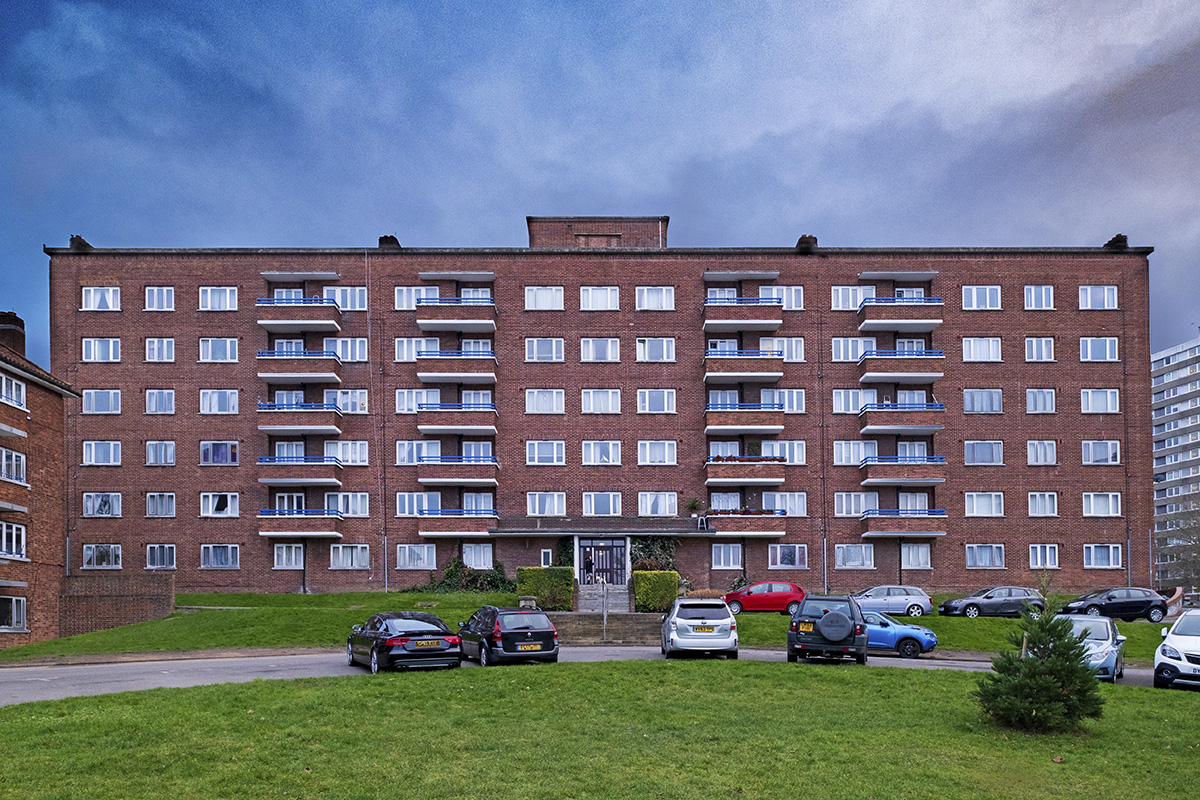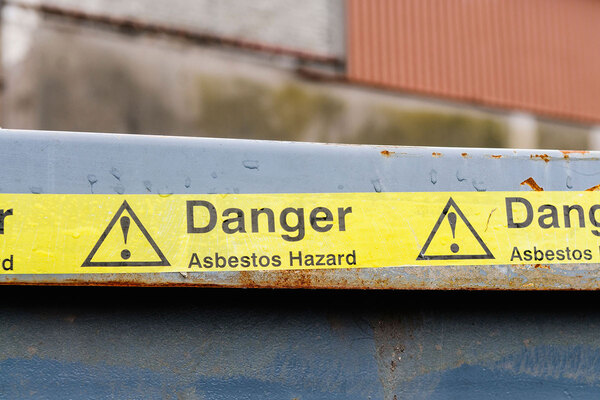Government cuts Discretionary Housing Payment fund by £40m
The government has cut its Discretionary Housing Payment (DHP) fund for local authorities by £40m.
English and Welsh councils will have £100m available to them in 2022-23 through DHPs, which represents a marked drop-off from the £140m available in 2021-22.
DHP funding is available for anyone entitled to housing benefit or the housing element of Universal Credit who needs further help.
The government has made additional DHP funding available to local authorities since 2011-12, intended to support households adjusting to the welfare reforms, which were introduced in 2013 and brought in cuts and changes to the system.
Last year, the government provided an initial £100m of DHP funding and then another £40m which it had reserved for later in the year.
For 2022-23, it will allocate an initial £98m in April, followed by another £2m later in the year.
The cut to the fund, the main objective of which is to prevent homelessness, comes amid the cost of living crisis and soaring energy bills due to rising wholesale gas prices.
Responding to the crisis, chancellor Rishi Sunak announced a one-off £200 discount to all UK households’ energy bills, which will be paid back by £40 per year over five years from 2023.
But homelessness charity Crisis warned that the decrease in DHP funding could lead to “tens of thousands of people falling into arrears and facing eviction as people struggle to stay afloat”.
The Local Government Association (LGA) has also raised concerns, with David Renard, housing spokesperson for the LGA, saying the reduction is “concerning” and comes at a time when the cost of living is rising and a “range of other funding is being withdrawn, such as the Household Support Fund”.
“We would like to see a commitment from government to review and increase the Discretionary Housing Payments urgently if demand for support is shown to be greater than last year.
“We also urge the chancellor to use the forthcoming Spring Statement to put in place effective, sustainable support for low-income households to ensure that they are not at risk of hardship, homelessness and reduced opportunities as a consequence of the squeeze on households finances,” he said.
Darren Rodwell, executive member for housing and planning at London Councils, said: “London faces the most severe homelessness crisis in the country and DHPs are boroughs’ main homelessness prevention tool.
He added: “Huge numbers of Londoners are struggling with the cost of living and reduced funding for DHPs risks undermining our ability to help them avoid homelessness.”
A spokesperson for the Department for Work and Pensions said: “This government is working across the country to help people with their housing needs, and is spending over £2bn to tackle and prevent homelessness and rough sleeping over the next three years.
“The change in Discretionary Housing Payment funding also reflects the rise in Local Housing Allowance brought in at the start of the pandemic, which we are maintaining, and government spending on housing support remains higher than pre-COVID-19 levels.”
Sign up for our Council Focus newsletter
Already have an account? Click here to manage your newsletters












